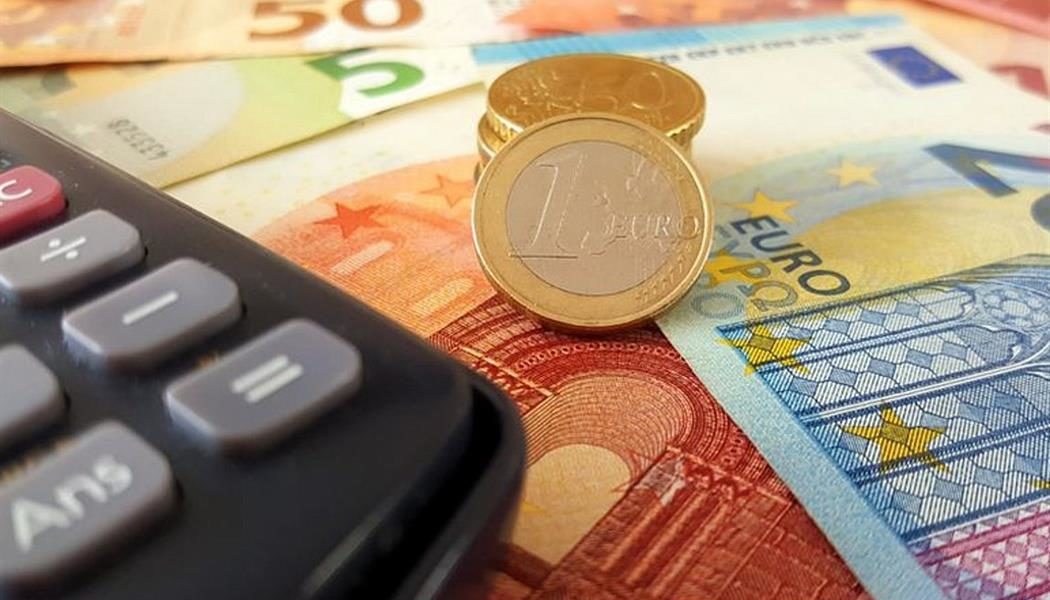The Greek economy is forecast to grow by 2.9% in 2022 despite inflation in the country reaching a 28-year high, hitting 10.2% in April.
This is the first double-digit figure since the 10.2% reached in April 1994.
The new explosion of inflation last April is due to the energy crisis and especially to the price increases of 88.8% in electricity (on an annual basis), which has the most significant impact on the index, followed by natural gas with an annual increase of 122.6%. and heating oil by 65.1%.
The annual increases of 29% in fuels, and lubricants, but also in several foods such as example, meat 14.1%, vegetables 13.8%, and oil 22% were also noteworthy.
Consumers had to buy bread with a 10% rise in cost, while the price of fruit increased by 8.6%, 11.7% for dairy and eggs, and 7.1% for coffee. In terms of services, there is an annual increase of 17.7% in ferry tickets, 15.8% in air tickets, and 16.1% in hotel prices.
Clothing and footwear increased by 1.6 %.
Prices for new cars increased by 8.9% and used cars by 11.5%. Overall, there is an increase of 15.4% in the Transport sector, mainly due to the increase in prices of new cars, used cars, mopeds-motorcycles, tires, fuel and lubricants, passenger transport tickets by plane.
The sub-index of housing and food shows a significant increase of 35.2% and 10.9%.
Meanwhile, Greece’s economy is forecast to expand by 2.9% this year with growth expected to pick up to 3.5% in 2023, helped by increased disbursement of funds from the European Union’s Recovery and Resilience Facility, the EBRD projected on Tuesday.
The European Bank for Reconstruction and Development said the war in Ukraine may impact the Greek economy not so much through direct links but indirectly via increased energy costs given its high dependence on energy imports.
Other headwinds include supply chain disruptions, rising costs of financing and possibly lower-than-expected tourist arrivals should a recession take hold in major western European countries, the EBRD said.
Greece’s economy recovered strongly last year as gross domestic product (GDP) grew 8.3% on the back of increased investment and consumption and a partial recovery of the tourism sector.
The EBRD’s investments in Greece amounted to 838 million euros ($883.7 million) last year, making the country one of its top five funding recipients.
Elsewhere, Greek-German economic ties strengthened during the last two years despite the challenges and the turmoil caused by the pandemic in 2020, with economic relations rising in 2021, gradually returning to normality, a report by the Foundation for Economic and Industrial Research IOBE said on Wednesday.
The report, conducted for the Greek-German Chamber of Commerce and Industry, said that amid the pandemic crisis Germany preserved and in several cases enhanced its position as one of the biggest trade and investment partners of Greece.
The report said that the accumulated contribution of members of the Greek-German Chamber on the Greek economy is estimated at 3.9% of gross domestic product (6.4 billion euros), up from 3.3% in 2019.
READ MORE: Greek Real Estate: 14 years of work now needed to buy a house (MAP)


